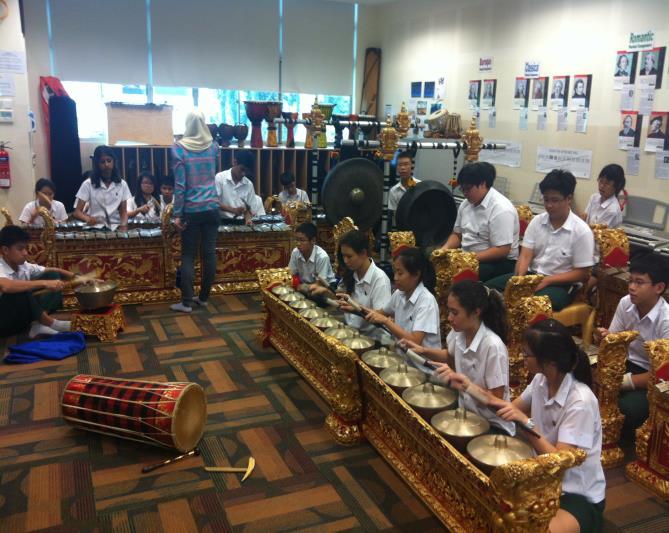Geography What is the nature of Geography in Grades 7 and 8? Geography is the subject that more than any other prepares our students to become big picture thinkers, unafraid to engage with important questions and the issues we face in our world. It takes a highly diverse and developed skill set to be a real world problem solver, and through our dynamic teaching style, contemporary curriculum and broad range of assessment styles we are able to raise standards and create a buzz of pupil engagement and motivation. All the necessary thinking skills can be taught explicitly through geography, though some are more fundamental than others to learning in the subject. Information- processing skills are essential to enable pupils to select and use sources that help make sense of their world at various scales. As geographical enquiry is central to independent learning in the subject, enquiry skills and decision making are taught explicitly and progressively through Grades 7 and 8 and students are encouraged to develop their own questions and investigations. Pupils need to be able to reason across all aspects of the subject if they are to explain human and physical patterns and processes and how these interact to bring about change in places and environments. They also need to think critically to evaluate the importance of different stakeholders and sources of evidence that they use in their enquiries. Creative thinking is explored often in lessons and offers great potential for developing Geographers capable of creating innovative solutions that are based not just on evidence and fact, but on empathy and the ability to make the right choices for managing our world sustainably. What is the approach to learning in Geography? Whilst Geography requires a wide selection of functional skills, fundamental to our teaching and students learning are the SMILES values of Internationalism and mutual respect. The physical world cannot be disassociated from our spiritual and ethical minds, so whilst we embed practical and cognitive skills in the learning that takes place we challenge our students to become world citizens. To give them a sense of awe and wonder and tread carefully in the global landscape. We believe that information processing is fundamental to learning geography. Pupils need to be able to select and use skills, information and sources of evidence across the programme of study. Reasoning skills are also necessary to enable pupils to give reasons for opinions and actions, to draw inferences and make deductions, to use precise language to explain what they think and to make judgements and decisions informed by reason or evidence. Reasoning is an essential element of enquiry-based learning and decision-making in geography because pupils need to draw substantiated conclusions about their findings or opinions. They are also explicitly taught to explain human and physical geographical processes and the interactions between them. Enquiry skills enable pupils to ask relevant questions, to pose and define problems, to plan what to do and how to research, to predict outcomes and anticipate consequences and to test conclusions and improve ideas. The process of enquiry is at the heart of geographical learning. Pupils need to become increasingly independent in their use of enquiry skills across Grades 7 and 8. 21
2021 Foundation IGCSE Curriculum Booklet

Issuu converts static files into: digital portfolios, online yearbooks, online catalogs, digital photo albums and more. Sign up and create your flipbook.

